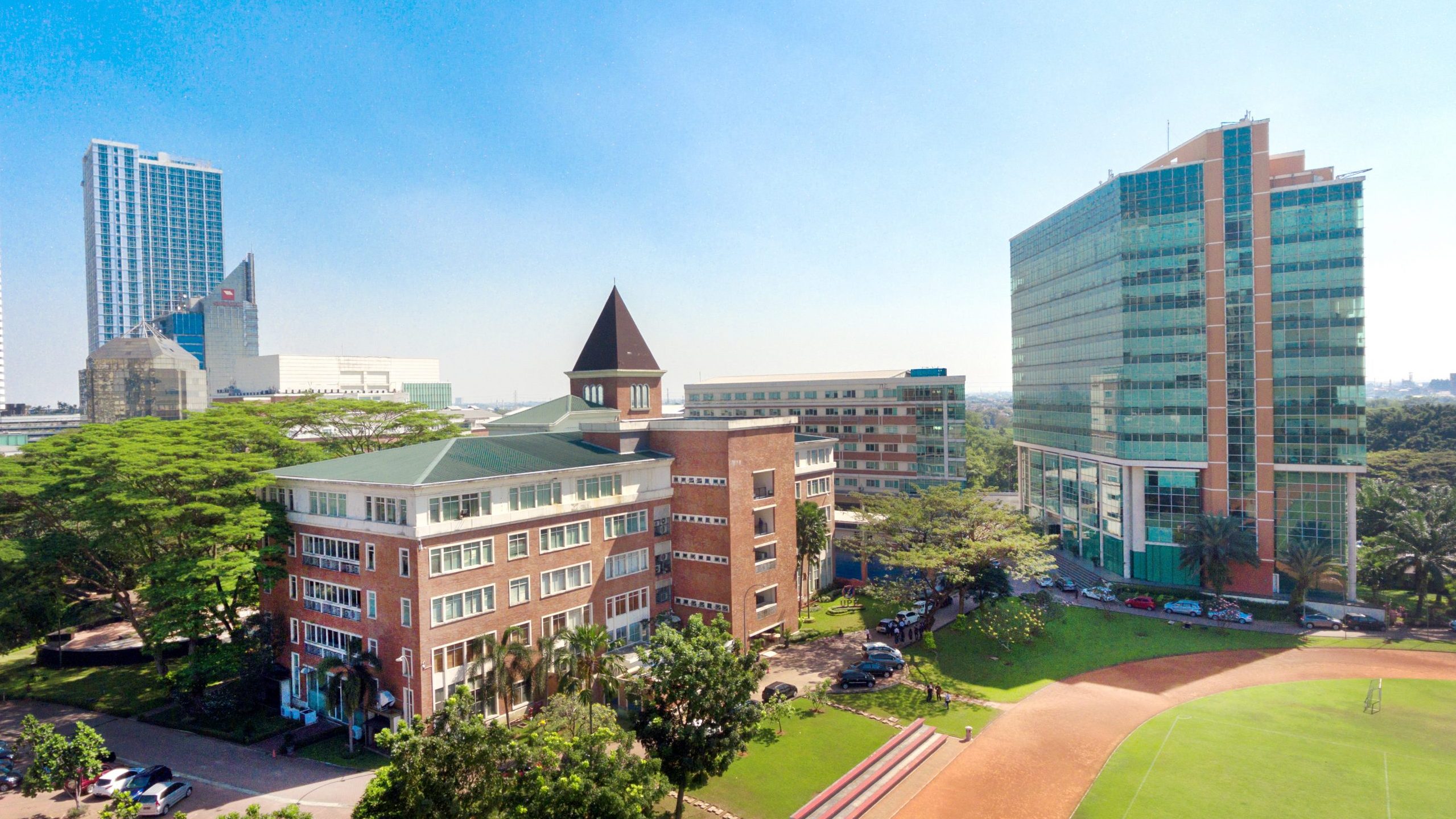
Hospital Administration Management (MARS)
Overview
The Master of Hospital Administration program prepares healthcare professionals and hospital managers to become future managers and leaders in healthcare provider organizations committed to improving healthcare delivery throughout Indonesia. This program consists of 36 credits and is completed in 3 semesters or 1.5 years.
The Master of Hospital Administration has been certified as UNGGUL by LAM-PTKes based SK 0475/LAM-PTKes/Akr/Mag/VII/2024.
Vision
To be an academic institution that produces innovative, visionary, and competitive graduates in the field of Hospital Administration, recognized both nationally and internationally, and known for their reliability, divine character, and dignity.
Mission
- To conduct teaching and learning activities through: a. A curriculum that is adaptive to changes, meeting competency standards and stakeholder needs; b. Competent educators and administrative staff; c. A conducive academic environment; and d. Adequate learning facilities.
- To conduct creative, innovative, and applicable research activities for the development of knowledge and practice in hospital management that benefits the community, hospitals, and other healthcare service institutions.
- To conduct social responsibility activities optimally through tangible actions in the form of service or community engagement.
- To prepare graduates who can serve the community in the field of hospital administration and assist in business continuity, impacting the well-being of the community.
Program Objectives
- To produce graduates who can act as:
- Scholars who fear God, are obedient to His Word, and hold deep respect for His design for the world;
- Leaders with a transformative vision;
- Citizens with a heart to serve God, their country, and their fellow human beings.
- To provide an excellent study program based on a biblical Christian worldview.
- To disseminate research findings to develop and advance knowledge and culture.
- To create community service programs that build individuals and communities according to God’s design.
Benefits
The future of Master’s degree education in hospital administration management is set to be unique and dynamic, influenced by several key trends and advancements:
- Integration of Technology and Data Analytics: The incorporation of advanced technologies such as artificial intelligence (AI), machine learning, and big data analytics will be essential. Programs will emphasize the use of these tools to improve decision-making, optimize operations, and enhance patient care.
- Interdisciplinary Approach: Future curriculums will increasingly blend disciplines such as public health, business administration, information technology, and policy-making to provide a comprehensive education. This interdisciplinary approach will prepare graduates to tackle complex challenges in healthcare systems.
- Focus on Global Health Issues: As healthcare becomes more globalized, Master’s programs will incorporate a broader perspective on global health issues, including pandemics, health disparities, and international health policies. This will prepare students to work in diverse and multicultural environments.
- Emphasis on Leadership and Ethics: Leadership training will be a cornerstone, with a strong focus on ethical decision-making, organizational behavior, and change management. Future leaders will need to navigate ethical dilemmas and lead diverse teams effectively.
- Healthcare Policy and Advocacy: There will be an increased emphasis on understanding and influencing healthcare policy. Programs will train students to advocate for policy changes that promote equitable and effective healthcare systems.
- Continuous Professional Development: Recognizing the rapid changes in the healthcare industry, programs will encourage lifelong learning and continuous professional development. Graduates will need to stay current with new developments and emerging trends throughout their careers.
- Collaborative Learning Environments: There will be a stronger focus on collaborative learning, with students working in teams to solve problems and simulate real-life healthcare management scenarios. This approach fosters teamwork and communication skills.
By adapting to these trends, Master’s degree programs in hospital administration management will produce well-rounded, forward-thinking leaders capable of driving innovation and improving healthcare outcomes in an ever-evolving landscape.
Graduates Profile
- The main manager of a hospital and/or other health service facility: who manages and carries out hospital operations independently, ethically, and acts professionally with a national outlook, love God and fellow human beings, and has a divine character.
- Managers of units/departments in hospitals and/or other health service facilities: who can contribute to the management of hospitals or other health service facilities, especially in the fields of medical, technical, marketing, human resource investment, entrepreneurship, operations, finance, who have national insight, love God and fellow human beings and have a divine character.
Contact & Visit Us
Gedung UPH EEC
Komplek Hotel Aryaduta Semanggi
1st Floor Jl. Garnisun Dalam No. 8 RT 5 RW 4 Karet Semanggi, Daerah Khusus Ibukota Jakarta 12930
021 5790 6024
0813 2333 8207
marketingupheec@uph.edu
Open Consultation
Mon – Fri 09:00 – 18:00
